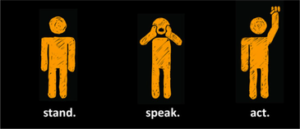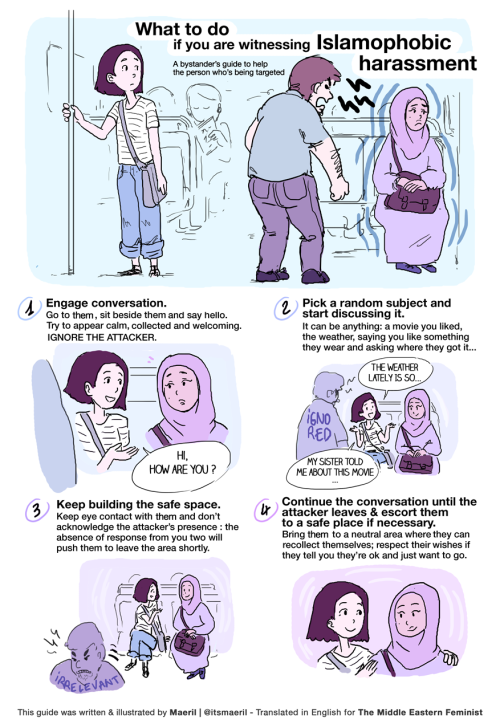Advice For High School Graduates
 Last weekend I went to my high school reunion. I was really excited to go as I haven’t been inside my old school since I graduated. I had the opportunity to meet with one current senior at the school who was going to Boston University in the fall. She asked me what advice I would give her as she moves into the next stage in her life.
Last weekend I went to my high school reunion. I was really excited to go as I haven’t been inside my old school since I graduated. I had the opportunity to meet with one current senior at the school who was going to Boston University in the fall. She asked me what advice I would give her as she moves into the next stage in her life.
“It is not where you go to school, but how you use your education,” I said. “Please put some thought into what you major in and the skills you gain that could be useful getting a job after BU.”
I say this not because of my own college experience, but also as a business owner seeking employees and who goes to job fairs and networking events to meet recent college grads. I am quite concerned about the future of America’s economy.
A few months ago, I went to this networking event where I met this young lady who was telling me how she was having a hard time getting a “real” job since she graduated from one of the “Seven Sisters” colleges two years ago. I asked her what she majored in and she told me she studied intersectional queer theory.
There lies the problem. She seriously didn’t understand why she couldn’t get a “real” job and is living with her parents while working at a local cafe, despite graduating from a prestigious school. Sure, she went a school that looks great on the resume, but the major says something else. Not that there is anything wrong with intersectional queer theory, but it is a useless liberal arts major that doesn’t present in-demand technical skills needed in the current and future job market.
I’m not totally against all liberal arts degrees, but if I were going back to college today, I would be majoring in a degree that would give me in-demand, recession-proof skills that I know will get me a job upon graduation.
I majored in journalism when I was in college 20 years ago, and some people may think that is a useless degree. Although journalism is considered a trade (at least when I was in college), back in the late 1990s, people weren’t sure if pursuing a career in the field made sense because the internet was beginning to disrupt the industry. I realized at that time that I had to make sure I had the right skills necessary to stay employable in journalism. I took a bunch of classes in digital media and video production and worked at local newspapers to build up my clip portfolio. For the duration of my career, I made sure I kept my skills up to date by going to seminars and conventions. I went back to school five years ago to get another degree in web development. Because of this, I have not only been able to stay employable in journalism, but I was also able to start up and run my own digital media company for the last 15 years.
Having the right technical skills matter more than ever. I don’t really understand why parents and schools are not encouraging students to pursue in-demand careers in STEM or healthcare. The economy has changed significantly since the recession ten years ago. Furthermore, the cost of a college education is just too expensive today to waste time studying something there isn’t a job for or trains in a specific skill.
And then people get mad that foreign workers are taking away American jobs. Foreign workers are not taking away American jobs; they usually have the right skill sets that not enough American workers have. I get asked by my colleagues at other design firms to recommend other people for their entry-level web development jobs, especially women and people of color. Most of the time I can’t recommend anyone because there just aren’t enough people that I know of pursuing these careers. Entry-level web development jobs generally have starting salaries of 60-70K a year. These are great jobs to have right out of college.
Again, I don’t want to total diss liberal arts majors, but if you are going to major in something that doesn’t have a distinct career path, find other ways to gain skills like through an internship or joining a campus professional organization that can help you get a job. Honestly, I have had better working relationships with folks who graduate from community colleges or vocational tech schools not only because they have the right skills and ready to hit the ground running at the job, but also because they don’t come to the job with some type of entitlement, like some college kids who think they should get a job simply because of the school they graduated from.
So my advice to future graduates; put time into building your skills.



